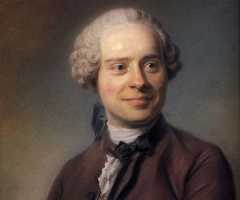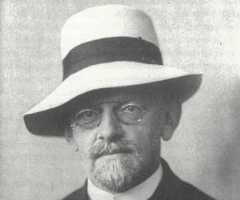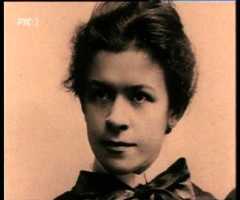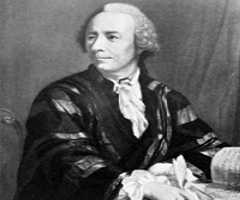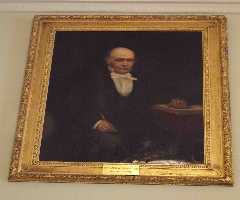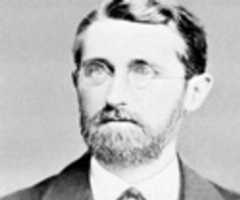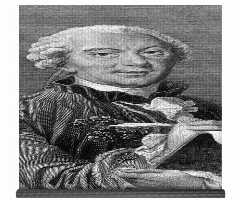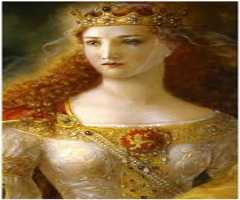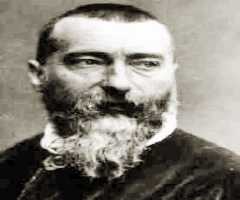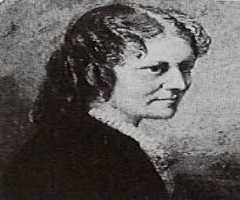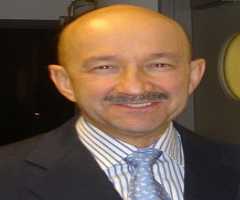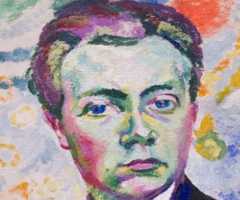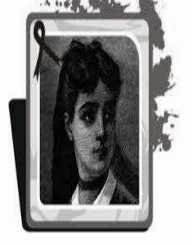
Sophie Germain Biography, Life, Interesting Facts
Childhood And Early Life
Marie-Sophie Germain was born on the 1 April 1776 in Paris, France. She was the daughter of Ambroise-Francois a silk-merchant and his wife, Marie-Madeleine Gruguelin. The family home was a meeting place for those interested in liberal reform, and as a child, Sophie was exposed to intellectuals and academics. At a young age, Sophie Germain became fascinated by Archimedes and decided that she wanted to become a mathematician. During her youth, France was experiencing the French Revolution including the storming of the Bastille and the Reign of Terror.
Education
An enthusiastic student, Sophie Germain taught herself Latin and Greek. Using lecture notes from the Ecole Polytechnique. Germain submitted a paper which impressed Lagrange with its originality. Lagrange after that became Germain’s sponsor and mathematical counselor.
As a young woman, Sophie Germain read Jean-Etienne Montucia’s book, History of Mathematics and it was his essay on Archimedes that sparked her interest in mathematics.
Rise To Fame
Sophie Germain’s father funded and helped his daughter to become an accepted mathematician, but tutors refused to take her seriously. The Ecole Polytechnique opened in Paris in 1794 as an academy to train scientists and mathematicians, but because it was men only, it was not an option for Sophie Germain. Germain’s solution was to assume the identity of a male student Monsieur Antoine-Auguste Leblanc. The person whose name she had assumed had left Paris, but the Academy was unaware of this, so Sophie Germain began to use the lecture notes and problems set for him. The supervisor of the course was impressed with her brilliance and Lagrange, a highly respected mathematician of his era, asked to have a formal meeting with his student. Germain had to admit that she was using his former student’s name and notes. Lagrange became her counselor and mentor, allowing her to continue with her studies.
Sophie Germain then was exposed to number theory and around this time discovered Fermat’s Last Theorem. She became convinced that she had made a breakthrough and wrote to the German theorist and mathematician Carl Friedrich Gauss, accepted as the most brilliant mathematician in history. Although he had largely ignored Fermat’s Last Theorem, he responded positively to Germain’s letters. Her work on Fermat’s Last Theorem was her major achievement. It became Germain’s Theorem and remained the most important result until Kummer’s contribution to Fermat’s Last Theorem in 1840.
Awards And Achievements
The Institut de France presented Sophie Germain with a medal for her work on Fermat’s Last Theorem. Towards the end of her life, Carl Gauss was instrumental in the University of Gottingen agreeing to award her an honorary degree.
Personal Life
Sophie Germain died in June 1831 from breast cancer.
More Mathematicians
-
![Jean Le Rond d’Alembert]()
Jean Le Rond d’Alembert
-
![Peter Gustav Lejeune Dirichlet]()
Peter Gustav Lejeune Dirichlet
-
![Mileva Maric]()
Mileva Maric
-
![Pierre-Simon Laplace]()
Pierre-Simon Laplace
-
![Sir William Rowan Hamilton]()
Sir William Rowan Hamilton
-
![Felix Christian Klein]()
Felix Christian Klein
More People From France
-
![Georges-Louis Leclerc, Comte de Buffon]()
Georges-Louis Leclerc, Comte de Buffon
-
![Eleanor of Aquitaine]()
Eleanor of Aquitaine
-
![Roman Polanski]()
Roman Polanski
-
![Pierre-Simon Laplace]()
Pierre-Simon Laplace
-
![Jean Baptiste Perrin]()
Jean Baptiste Perrin
-
![Maurice Allais]()
Maurice Allais
